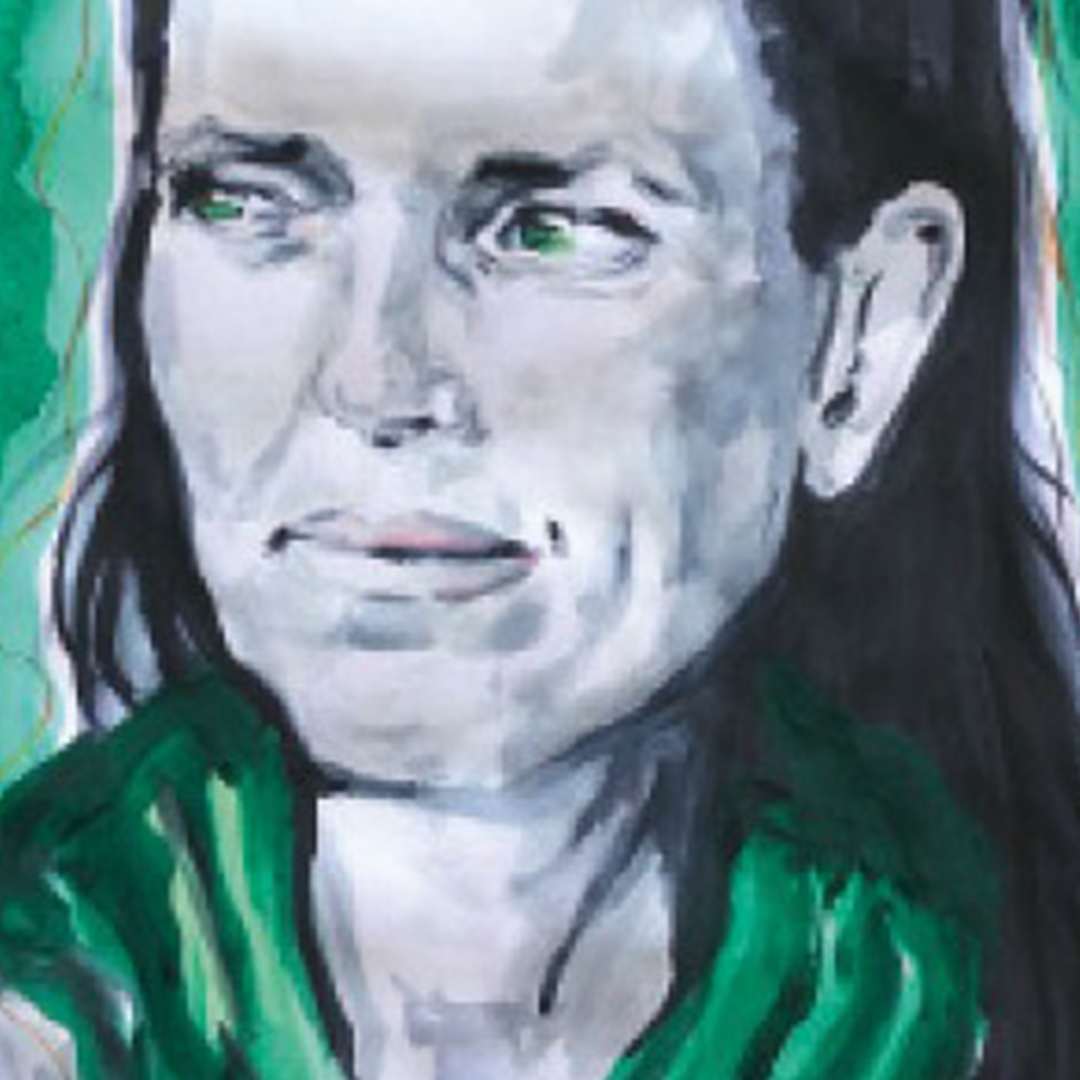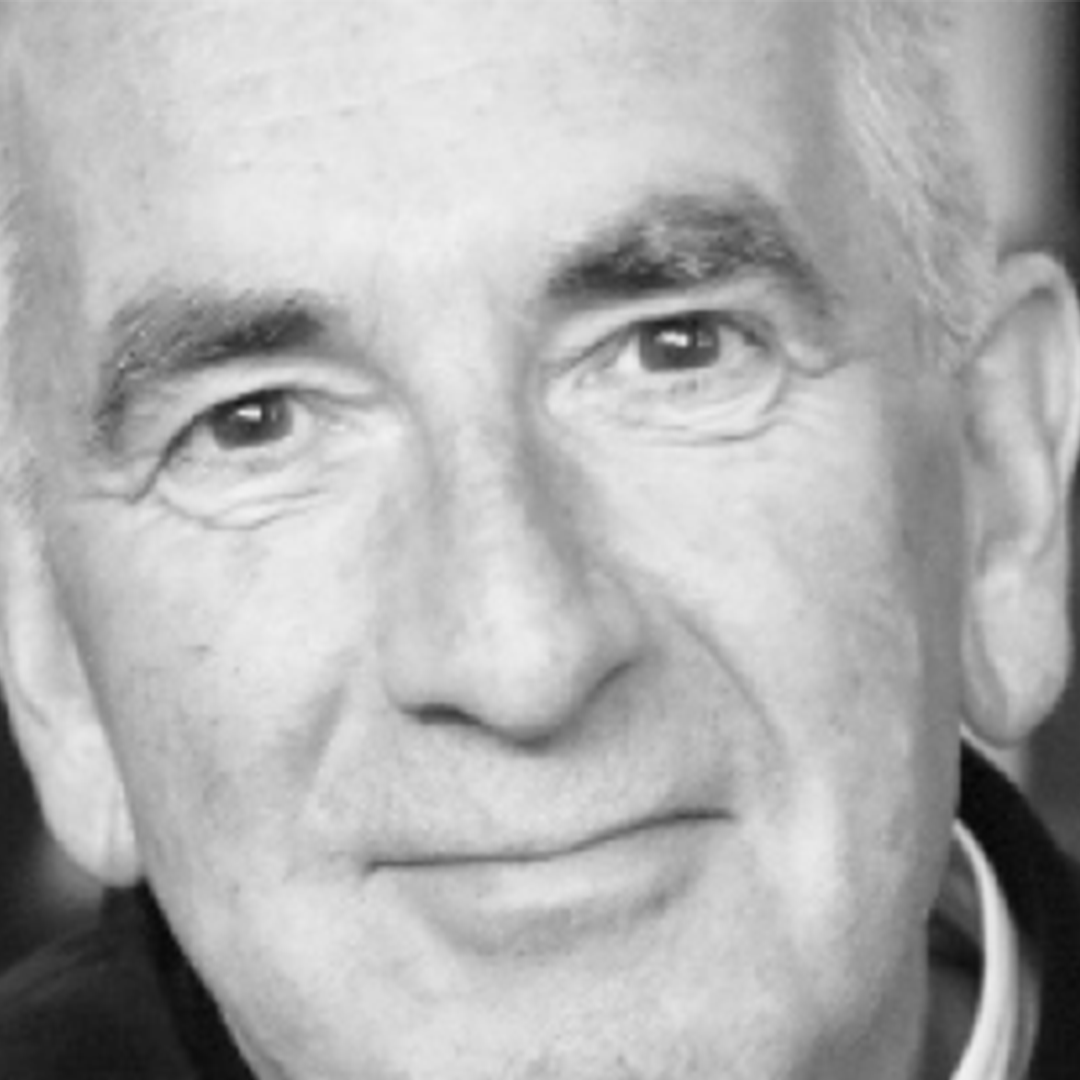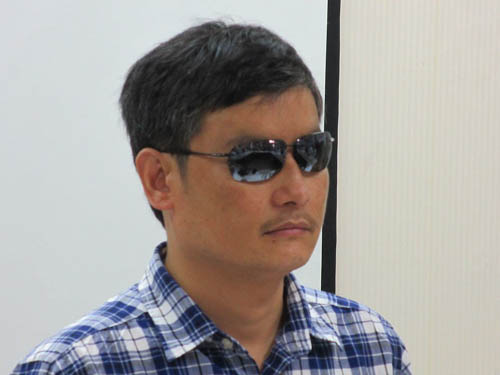Judged
FEATURING

Xinran
Writer

Claudia Piñeiro
Novelist

Robert Harris
Author
FEATURING

Writer

Novelist

Author
[vc_row][vc_column][vc_column_text]
Chen Guangcheng, a Chinese civil right activist who won the Freedom of Expression Award in the Whistleblower of the Year in 2007, today lives in New York City. When Index on Censorship honoured him, Chen Guangcheng was serving a prison sentence for organising a landmark class-action lawsuit against authorities in Linyi, Shandong province, for the excessive enforcement of the one-child policy.
Released in 2010 from prison, he remained under house arrest at his home in Dongshigu Village. In April 2012, Chen escaped his house arrest and fled to the U.S. Embassy in Beijing. After negotiations with the Chinese government, he left the embassy for medical treatment in early May 2012. On 19 May 2012, he, his wife, and his two children were granted U.S. visas and departed Beijing for New York City. Due to the help of New York University professor Jerome A. Cohen, Chen was granted a placement at NYU. He started learning English and remained a public critic of the Chinese government, with editorials in the New York Times and other media outlets.
At the same time, Chen developed a close association with conservative Christian and pro-life figures in the United States. In October 2013, he accepted an offer from the conservative Witherspoon Institute in Princeton, New Jersey, and became a Distinguished Senior Fellow in Human Rights, as well as a Visiting Fellow of the Institute for Policy Research and Catholic Studies at the Catholic University of America. In his role as Witherspoon fellow, he has delivered public lectures, including one at Princeton University entitled “China and the World in the 21st Century: The Next Human Rights Revolution” in which he asked for the support of America to the Chinese opposition that fights against the government.
Chen Guangcheng’s memoir, The Barefoot Lawyer, was published in March 2015.
Constantin Eckner is a member of Index on Censorship’s Youth Advisory Board. Originally from Germany, he graduated from University of St Andrews with a MA in modern history, and is currently a PhD candidate specialising in human rights, asylum policy and the history of migration.[/vc_column_text][/vc_column][/vc_row][vc_row][vc_column width=”1/2″][vc_single_image image=”85476″ img_size=”full” alignment=”center” onclick=”custom_link” link=”https://www.indexoncensorship.org/2016/11/awards-2017/”][/vc_column][vc_column width=”1/2″][vc_column_text]
Seventeen years of celebrating the courage and creativity of some of the world’s greatest journalists, artists, campaigners and digital activists
2001 | 2002 | 2003 | 2004 | 2005 | 2006 | 2007 | 2008 | 2009 | 2010 | 2011 | 2012 | 2013 | 2014 | 2015 | 2016 | 2017[/vc_column_text][/vc_column][/vc_row][vc_row][vc_column][vc_basic_grid post_type=”post” max_items=”12″ style=”load-more” items_per_page=”4″ element_width=”6″ grid_id=”vc_gid:1492506097197-e4a3fdd4-b163-7″ taxonomies=”3023, 85″][/vc_column][/vc_row]
On 17 January, the European Parliament endorsed a resolution addressing ongoing human rights violations in Bahrain. The resolution, led by Dutch European Parliament member Marietje Schaake, called for “targeted EU sanctions against human rights violators in Bahrain”. The country has faced ongoing unrest since protests for reform began in February 2011, and the country’s security forces have been condemned internationally for using excessive force against protesters. Schaake condemned the usage of “tear gas and bird shots fired at close range”, as well as a lack of consistency in the judicial system — citing the inconsistencies in the cases of both activists and doctors jailed for treating protesters. The resolution also criticised the country’s failure to implement reforms based on recommendations issued by the Bahrain Independent Commission for Inquiry in November 2011, which was commissioned by King Hamad. In addition to clamping down on protests, Bahrain has also taken measures against activists online.
Meanwhile, human rights defender Said Yousif was released on bail today, but must return to court on 29 January on charges of spreading “false news with the intention of damaging state security.” Yousif was arrested on 17 December while monitoring a protest in Manama, Bahrain’s capital.

Said Yousif was released on bail today
A journalist in Somalia who was arrested for interviewing an alleged rape victim has been accused of fabricating the story by Somalia’s police commissioner. General Sharif Sheikhuna Maye issued a statement on 16 January saying that Lul Ali Hassan, who claimed she had been raped by Somali soldiers on 10 January, was bribed by journalist Abdiaziz Abdinur and members of a women’s rights group into concocting a false story. The general said the alleged victim told police she was offered extra rations and money at the displaced women’s camp she had been living in. Medical examinations, he also said, had proven that there was no evidence of a rape occurring.
Dutch football club Ajax Amsterdam has been fined by UEFA, after fans protested the prices of football tickets during a game. During the Champions League match at home to Manchester City in October, fans held banners displaying messages saying “80 euros for the away section is ridiculous,” with others holding banners emblazoned with offensive messages to Chelsea, Manchester City, Red Bull Salzburg and Red Bull Leipzig. The club was fined €10,000 (roughly GBP£8,400) for the “display of a provocative and inappropriate banner.”
An Iranian human rights lawyer who was jailed for defending several human rights activists in court was temporarily released on 17 January. Nasrin Sotoudeh was released on leave for three days from Evin prison, a period that could be extended. Sotoudeh was arrested in September 2010 under charges of promoting propaganda under the regime and acting against national security — initially sentenced to 11 years in prison, but reduced to six years upon appeal. Sotoudeh, an award-winning legal defender of free speech, has criticised death penalties issued to minors. While in prison she went on hunger strike to protest her treatment. She was denied visits from her children and husband, as well as access to lawyers.
Social networking and news websites in Tajikistan were blocked by the government, news sources reported yesterday (17 January). Sites were blocked under Tajikistan’s Association of Internet Service Providers, but remained accessible under other network providers. Asomuddin Atoev, head of the Association of Internet Service Providers said that the government’s communication department ordered the blocking via SMS. Communications chief Beg Zuhurov said the sites would return in “two or three days”, claiming the disappearance of the websites was due to a technical issue. Last year, over 130 websites were blocked for “technical repair” ahead of the December elections.
An Azerbaijani human rights activist was detained for more than 24 hours at Istanbul airport on Tuesday evening. Intigam Aliyev was returning to Baku from the Civil Society Parallel Event, organized by the Organisation for Security and Co-operation in Europe (OSCE) in Vilnius, when he was accused of insulting an airport officer, and the return of his passport was refused. Aliyev reported being beaten by police whilst he was detained. He arrived in Baku in the early hours of this morning.